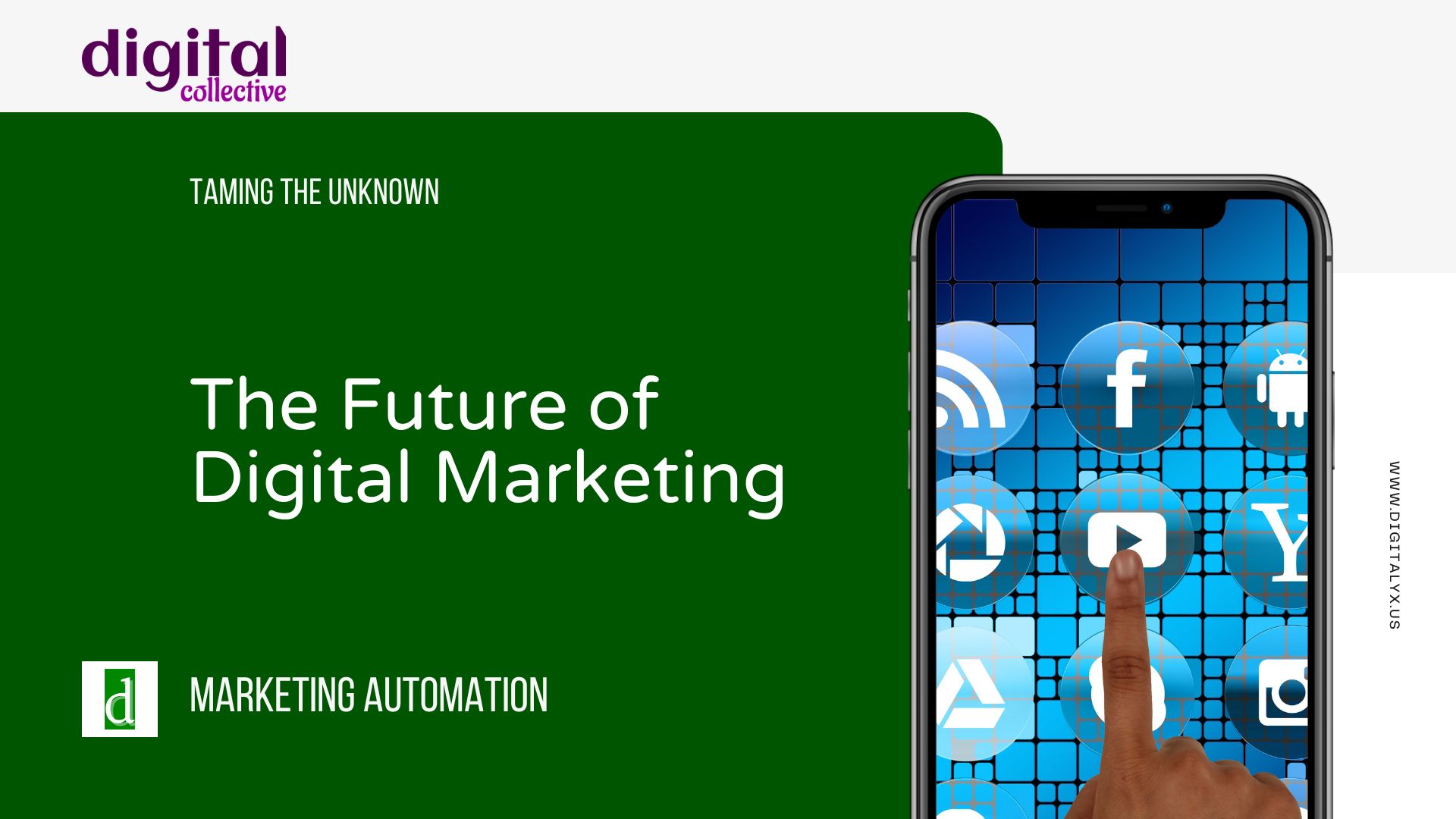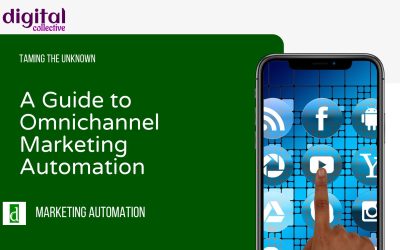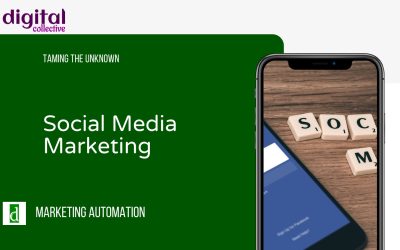In today’s digital landscape, the world of marketing is rapidly evolving. As technology advances, businesses are constantly seeking innovative ways to engage with their target audience and stand out in a crowded marketplace. Integrated digital marketing has emerged as a powerful strategy, combining the strengths of various digital platforms. In this blog post, we will explore the future of integrated digital marketing, focusing on three key elements: video, mobile, and artificial intelligence (AI)
The Power of Video Marketing
Video has become an incredibly popular medium for marketing campaigns, and its influence is only expected to grow in the future. According to Cisco, by 2022, online videos will make up more than 82% of all consumer internet traffic. The rise of platforms like YouTube, TikTok, and Instagram Reels has made video content more accessible than ever before.
In the future, video marketing will continue to dominate as businesses realize its potential to engage and captivate audiences. Integrated digital marketing strategies will leverage video content across multiple platforms, incorporating storytelling, product demonstrations, tutorials, and even live-streaming events. Video will not only enhance brand visibility but also foster emotional connections and boost conversion rates.
The Mobile Revolution
With the widespread adoption of smartphones, mobile marketing has become a vital component of any successful integrated digital marketing strategy. People spend a significant amount of time on their mobile devices, making it an ideal platform for reaching and engaging with consumers. In fact, Statista reports that by 2023, the number of smartphone users worldwide is projected to reach 7.33 billion.
To stay ahead in the future, marketers must optimize their campaigns for mobile devices. This means creating mobile-friendly websites, developing responsive designs, and incorporating mobile apps to deliver personalized experiences. Additionally, location-based marketing, augmented reality (AR), and QR codes will continue to play significant roles in mobile marketing, enabling businesses to connect with their target audience in real time and enhance the overall customer experience.
The Rise of Artificial Intelligence
Artificial Intelligence (AI) is revolutionizing the way businesses approach marketing. With its ability to process vast amounts of data, AI empowers marketers to gain valuable insights, automate tasks, and deliver personalized experiences at scale. In the future, AI will play an even more significant role in integrated digital marketing.
AI-powered chatbots and virtual assistants will enhance customer support, providing instant responses and personalized recommendations. Machine learning algorithms will analyze customer behavior and preferences, allowing marketers to deliver hyper-targeted content and advertisements. AI will also aid in predictive analytics, enabling businesses to anticipate customer needs, optimize marketing campaigns, and drive better results.
Conclusion
The future of integrated digital marketing lies in the seamless integration of video, mobile, and artificial intelligence. Video marketing will continue to captivate audiences, mobile devices will be the primary platform for engagement, and AI will provide valuable insights and automation. By embracing these technologies and developing strategies that combine their strengths, businesses can unlock new opportunities, build stronger connections with their target audience, and stay ahead in the ever-evolving digital landscape. The future is promising, and those who embrace it will thrive in the world of integrated digital marketing.



